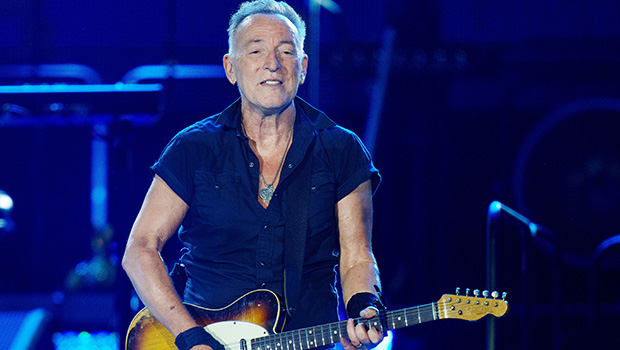Pakistan’s economy has witnessed a major crisis this year. External debt stood at $130 billion by June, while forex reserves dwindled to $7.59 billion by October. The $6 billion Extended Fund Facility (EFF) for Pakistan, approved by the International Monetary Fund (IMF) in 2019, was halted, allegedly after the Imran Khan government failed to fulfil key norms. Meanwhile, Pakistan’s grey-listing under the Financial Action Task Force (FATF) spelt enormous stress due to related sanctions on trade and borrowing restrictions. This was made worse by the unprecedented floods that swept the country, sparking a humanitarian crisis, with an estimated death toll of 1,725 people and damages worth $30 billion.
However, in the last two months, there have been signs of economic respite. How has Pakistan stayed afloat? Three main reasons can be identified. One, the resumption of the EFF or the ‘bail-out package’ in August 2022. Prime Minister Shehbaz Sharif’s efforts bore fruit when the IMF executive board, after a combined review process, approved the 7th and 8th tranche of $1.17 billion. Additionally, the term period of the EFF was extended up to June 30, 2023 and the total amount raised by $500 million. These funds helped Islamabad avoid default on its foreign debt repayment.
Second, Pakistan’s improved position with the FATF helped Islamabad avert an economic crash. The country’s exit from the grey list meant Pakistan could accrue financial assistance from foreign partners and multilateral institutions. In fact, some analysts say the FATF review positively impacted the IMF decision to revive the EFF. At the same time, four States — China, Saudi Arabia, Qatar and UAE — committed $4 billion assistance to Pakistan and the Asian Development Bank extended a $1.5 billion loan under the Building Resilience with Active Countercyclical Expenditure (BRACE) programme. By November, the forex reserves had risen for the first time in months, to reach $8.9 billion.
Third, substantial help came from international players, a result of the country’s geopolitical importance in Asia. China is the most prominent partner which owns 30% of Pakistan’s overall foreign debt. In June, China provided a $2.5 billion loan to help boost Pakistan’s forex reserves, in addition to another $4.5 billion loan due to be paid this year. This came soon after France signed an agreement with Pakistan, suspending its $107 million loan repayment, under the G-20 Debt Service Suspension Initiative (DSSI). France also committed to organising a donors’ conference. A $30-million humanitarian assistance package provided by the United States (US) in August, through the US Assistance for International Development (USAID), is another example of help coming to Pakistan, despite its failing economic policies at home.
But this doesn’t mean Pakistan’s economy is out of the woods. Despite some positive developments in the last three months, the fundamentals remain weak and there have been no efforts at initiating reform. As much as PM Sharif is cautious about Islamabad relying on more assistance for its economic troubles, Pakistan has little option but to depend on outside help. The country’s economic and political troubles mean that deeper reforms have been jettisoned in favour of short-term, ad hoc measures.
Analysts have begun to suspect donor fatigue from Pakistan’s well-wishers, including China. PM Sharif’s first bilateral visit to China this month was expected to fructify significant pledges of financial assistance and other agreements. However, no new financial assistance was announced to relieve Islamabad of its economic strain. Meanwhile, with Fitch downgrading Pakistan’s long-term issuer default rating (IDR) from B- to CCC+, countries have become less confident about Pakistan’s repayment capacity. The next big deadline is only a few weeks away, with payment of $1 billion due on the five-year Sukuk bond (Sharia compliant), maturing on December 5. Despite being cash-strapped, Pakistan had managed to meet the outstanding amount of $40 million towards the bond in July. But this time, the amount is much larger and many of Pakistan’s friends appear fatigued. Given that Pakistan is entering a protracted period of turmoil, with Army Chief General Qamar Bajwa set to retire at the end of the month and Imran Khan pressing for fresh snap elections, its economy will be a decisive variable for stability in the country.
Shrabana Barua is a geopolitics analyst based in Delhi
The views are personal.
Enjoy unlimited digital access with HT Premium
Subscribe Now to continue reading

















